Napler Addison0750306920, 9780750306928
Preface Chapter 1: Getting started Chapter 2: The continuous wavelet transform 2.1 Introduction 2.2 The Wavelet 2.3 Requirements for the Wavelet 2.4 The Energy Spectrum of the Wavelet 2.5 The Wavelet Transform 2.6 Identification of Coherent Structures 2.7 Edge Detection 2.8 The Inverse Wavelet Transform 2.9 The Signal Energy: Wavelet Based Energy and Power Spectra 2.10 The Wavelet Transform in Terms of the Fourier Transform 2.11 Complex Wavelets: The Morlet Wavelet 2.12 The Wavelet Transform, Short Time Fourier Transform and Heisenberg Boxes 2.13 Adaptive Transforms: Matching Pursuits 2.14 Wavelets in Two or More Dimensions 2.15 The CWT: Computation, Boundary Effects and Viewing 2.16 Endnotes 2.16.1 Chapter Key Words and Phrases 2.16.2 Further Resources Chapter 3: The Discrete Wavelet Transform 3.1 Introduction 3.2 Frames and Orthogonal Wavelet Bases 3.2.1 Frames 3.2.2 Dyadic Grid Scaling and Orthonormal Wavelet Transforms 3.2.3 The Scaling Function and the Multiresolution Representation 3.2.4 The Scaling Equation, Scaling Coefficients and Associated Wavelet Equation 3.2.5 The Haar Wavelet 3.2.6 Coefficients from Coefficients: The Fast Wavelet Transform 3.3 Discrete Input Signals of Finite Length 3.3.1 Approximations and Details 3.3.2 The Multiresolution Algorithm – An Example 3.3.3 Wavelet Energy 3.3.4 Alternative Indexing of Dyadic Grid Coefficients 3.3.5 A Simple Worked Example: The Haar Wavelet Transform 3.4 Everything Discrete 3.4.1 Discrete Experimental Input Signals 3.4.2 Smoothing, Thresholding and Denoising 3.5 Daubechies Wavelets 3.5.1 Filtering 3.5.2 Symmlets and Coiflets 3.6 Translation Invariance 3.7 Biorthogonal Wavelets 3.8 Two-Dimensional Wavelet Transforms 3.9 Adaptive Transforms: Wavelet Packets 3.10 Endnotes 3.10.1 Chapter Key Words and Phrases 3.10.2 Further Resources CHAPTER 4: FLUIDS 4.1 Introduction 4.2 Statistical Measures 4.2.1 Moments, Energy and Power Spectra 4.2.2 Intermittency and Correlation 4.2.3 Wavelet Thresholding 4.2.4 Wavelet Selection using Entropy Measures 4.3 Engineering Flows 4.3.1 Jets, Wakes, Turbulence and Coherent Structures 4.3.2 Fluid-Structure Interaction 4.3.3 Two-Dimensional Flow Fields 4.4 Geophysical Flows 4.4.1 Atmospheric Processes 4.4.2 Ocean Processes 4.5 Other Applications in Fluids and Further Resources CHAPTER 5: ENGINEERING TESTING, MONITORING AND CHARACTERISATION 5.1 Introduction 5.2 Machining Processes: Control, Chatter, Wear and Breakage 5.3 Rotating Machinery 5.3.1 Gears 5.3.2 Shafts, Bearings and Blades 5.4 Dynamics 5.5 Chaos 5.6 Non-Destructive Testing 5.7 Surface Characterisation 5.8 Other Applications in Engineering and Further Resources 5.8.1 Impacting 5.8.2 Data Compression 5.8.3 Engines 5.8.4 Miscellaneous CHAPTER 6: MEDICINE 6.1 Introduction 6.2 The Electrocardiogram 6.2.1 ECG Timing, Distortions and Noise 6.2.2 Detection of Abnormalities 6.2.3 Heart Rate Variability 6.2.4 Cardiac Arrhythmias 6.2.5 ECG Data Compression 6.3 Neuroelectric Waveforms 6.3.1 Evoked Potentials and Event-Related Potentials 6.3.2 Epileptic Seizures and Epileptogenic Foci 6.3.3 Classification of the EEG using Artificial Neural Networks 6.4 Pathological Sounds, Ultrasounds and Vibrations 6.4.1 Blood Flow Sounds 6.4.2 Heart Sounds and Heart Rates 6.4.3 Lung Sounds 6.4.4 Acoustic Response 6.5 Blood Flow and Blood Pressure 6.6 Medical Imaging 6.6.1 Ultrasonic Images 6.6.2 Magnetic Resonance Imaging, Computed Tomography and other Radiographic Images 6.6.3 Optical Imaging 6.7 Other Applications in Medicine 6.7.1 Electromyographic Signals 6.7.2 Sleep Apnea 6.7.3 DNA 6.7.4 Miscellaneous 6.7.5 Further Resources CHAPTER 7: FRACTALS, FINANCE, GEOPHYSICS AND OTHER AREAS 7.1 Introduction 7.2 Fractals 7.2.1 Exactly Self-Similar Fractals 7.2.2 Stochastic Fractals 7.2.3 Multifractals 7.3 Finance 7.4 Geophysics 7.4.1 Properties of Subsurface Media 7.4.2 Surface Fea
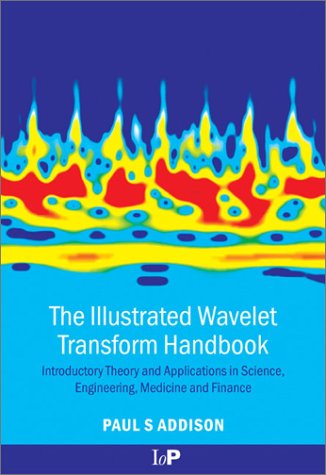
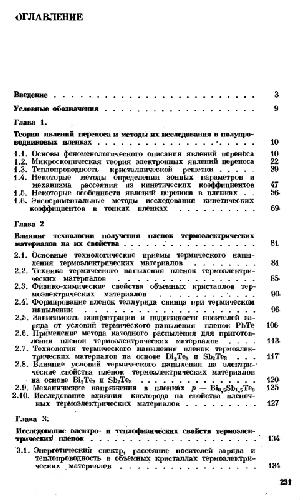
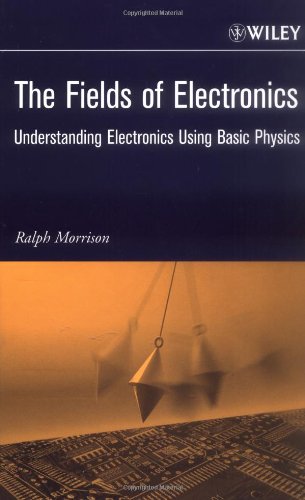
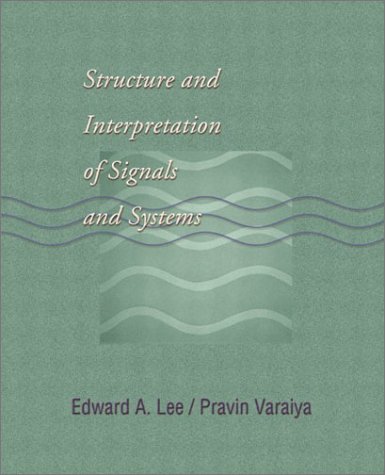
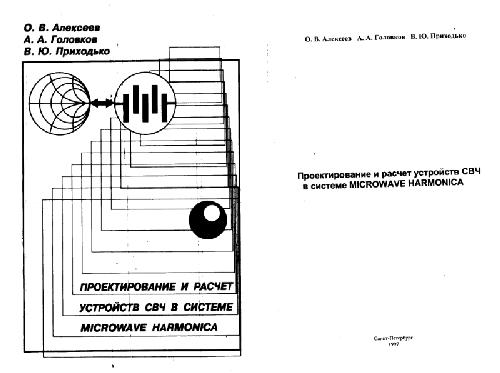

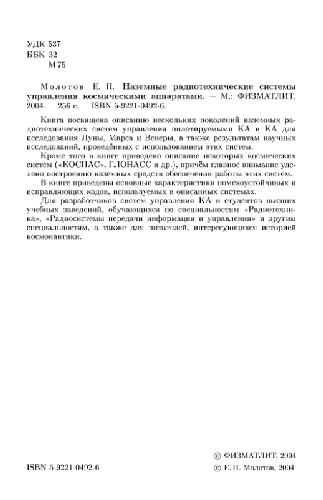
Reviews
There are no reviews yet.